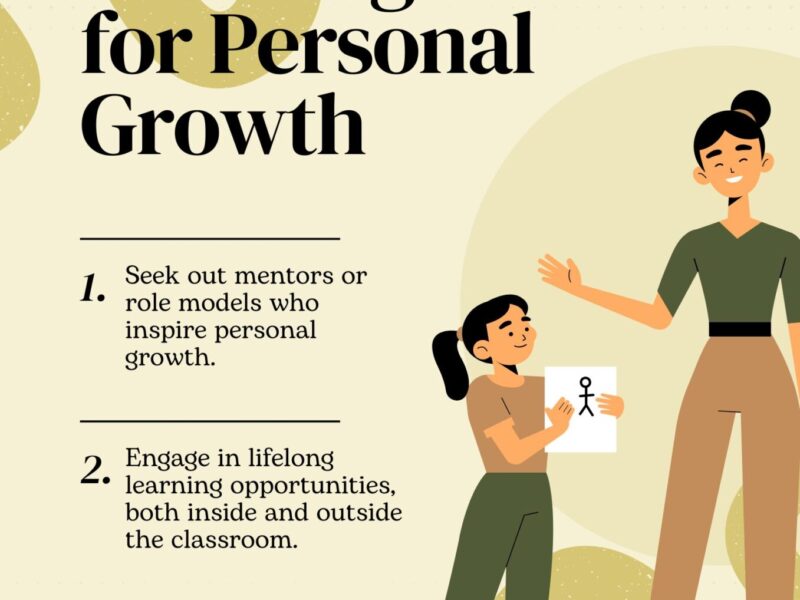Online education transformed the communication of knowledge, unlocking previously unreachable channels for scholars to study everything at their own pace, and sometimes even from home. Best Practices for Students in Online Education.However, the self-directed aspect of an online course creates a distinctive set of challenges requiring particular strategies for effective navigation. Best Practices for Students in Online Education.This article examines the best practices for optimal success in the online school, so that learners can reap the rewards and also be successful in their endeavors.
1. Know How You Learn
All different students learn in a different way. A visual learner might feel frustrated or fail to learn effectively in an auditory setting, whereas the opposite would also be true: an auditory learner learning well by listening would not fare to well in a classroom showcasing visual tools. By understanding how you learn best, you can harmonize your online education experience by selecting the courses, materials, and learning methods that will play to your strengths.
2. Identify Goals and Objectives
Success in online education usually begins by understanding the goals that one hopes to achieve. State what you want to get out of the course and segment it into clear and measurable objectives. This will keep you motivated and focused throughout.
Example: Instead of the vague goal “learn coding,” specify, “complete a Python programming course and build three projects by the end of the semester.”
3. Provide a Dedicated Study Space
This will enable a dedicated study room to minimize distraction and enhance concentration. This makes your study area:
Quiet: Away from household noise or other distractions.
Organized: No clutter, has items important to your study, just within reach.
Comfortable: Proper lighting, ergonomic chair, stable internet connection.
Personalize study space so that it makes studying feel its best.
For example, add motivational quotes or keep water and snacks within reach.
4. Create a Routine, and Stick to It
Self-discipline is essential in learning online; use your timetable to streamline your time. Study, enliven schedules for live sessions, or allocate times for assignments.
Use Google Calendar or install Trello to keep track of your calendar. Add breaks and simplify time-consuming aspects to help eliminate burnout. Try this Pomodoro-type study method that has a work phase of 25 minutes and an interruption phase of 5 minutes.
5. Join the Online Classes Early
To hold information and maximize learning online, engage yourself as hands-on as possible in these live sessions, discussion forums, and group projects, as they occur each week.
Ask questions: Any doubts should be cleared during live sessions or through emails.
Collaborate: To obtain various views of writing or a working document, work with your peers on a group assignment.
Contribute: You might want to share a few insights or resources in forums that build a strong community of learning.
Harnessing the benefits of technology; both indeed arefiled up with the shelves or best uses that e-learning makes in conjunction with a certain duality. Let it be what it is, and it still continues to give room to familiarize yourself with those technologies, be at ease on how to apply them wisely.
6.Learning Management Systems
Some examples of learning management systems are Moodle and Blackboard, which provide access to one’s notes, assignments, and discussion forums.
Note-taking applications: There is Evernote or OneNote for note collections.
Cloud Storage: Google drive makes sure that your work is stored and can be retrieved from anywhere.
7: Time management that is very effective
Online education presents the challenge of balancing other responsibilities within it because of time.Consequently, devise your own organizational tactics for the constructive employment of time.
Tasks prioritization: Set focus on the deadlines and the high-impact activities.
See, you eventually break the giant activity down into smaller portions that allow you to escape death by procrastination.
Lessening distraction: Using like Freedom or Focus@Will to keep social media or others from invading study time.
8. Keep your motivation levels high. Avoid burnout
Online learning requires motivation on the inside. Here are a few tips to keep it fresh and vibrant.
Reinforcement as reward: Just a candy, or maybe just a small treat for completing part of the goal, is positive reinforcement.
Visualizing success: Putting one’s mind on the prize by picturing oneself achieving it.
With ones peers: Form online groups for study and sharing experiences encouragement.
Signs and symptoms of burnout: tiredness or lack of interest. These usually indicate the need for breaks, support, or just a reconsideration of work effort.
9. Improving Communicational Aptitudes
Students are often communicated with, through online learning, in written form emails, forums, and assignments. Develop proper and professional writing skills that can effectively show your ideas.
Proofread your messages before sending.
Use plain language and respect.
Respond promptly to instructors and peers.
10. Ask for Assistance If You Need It
Don’t hesitate to ask when things get tough. Most online platforms offer:
Instructor support: Reach out to your teachers via email or scheduled office hours.
Technical assistance: Contact the IT help desk for platform-related issues.
Academic resources: Use your online libraries, use tutoring services, or go to writing centers.
Self-Discipline and Accountability: Start Learning
These days, for learning online, you need a very high self-discipline. Hold yourself accountable by tracking your progress and remaining on your goals.
You could have a relative or friend share your goals in accountability.
Make use of the progress tracking tools on the course platform.
Bringing to an end
Online education may seemed unlike historical classrooms in that it offered unprecedented flexibility and opportunities. But there are again some approaches that will have to be intentionally applied for making online learning successful. Knowing one’s learning style, setting realistic goals, and being disciplined have to bring out the fullest benefits of an online education and everything else involved. At the same time, adaptability and a self-motivated push toward increment improvements become keys to survival in these environments.
“These are all online learning best practices that novice and experienced learners will find helpful to prepare students for a great learning experience.”

